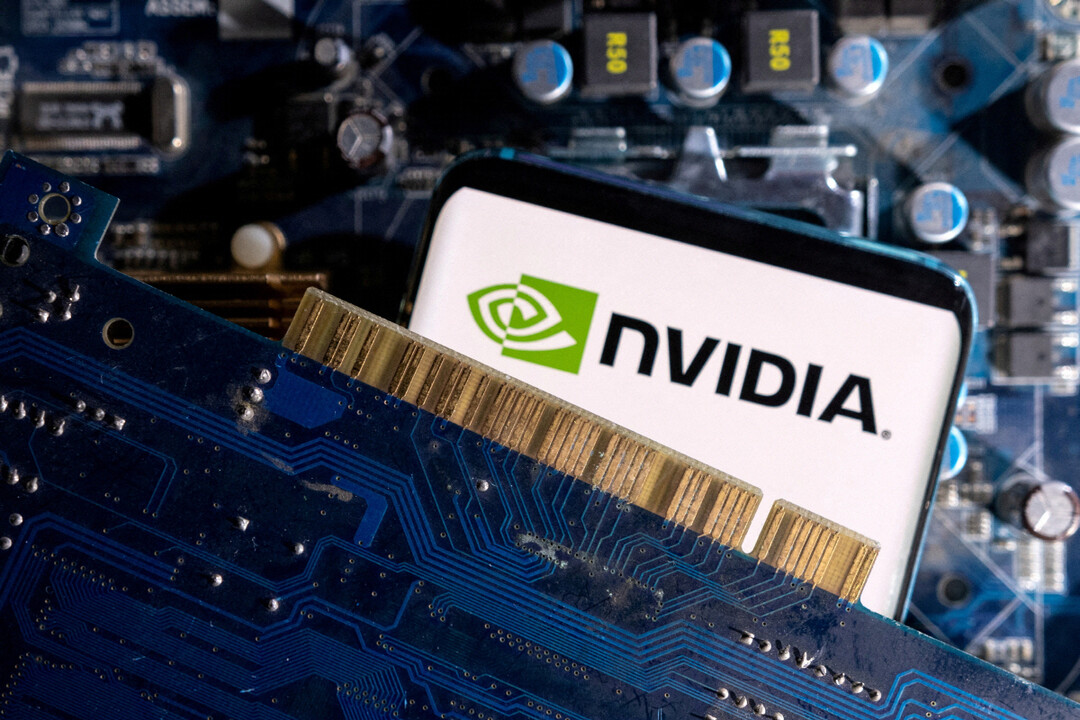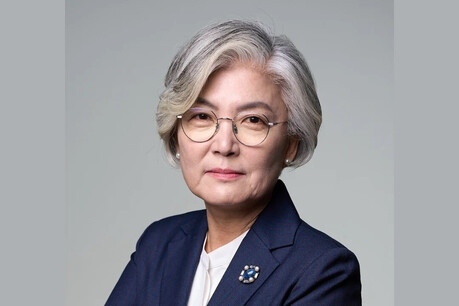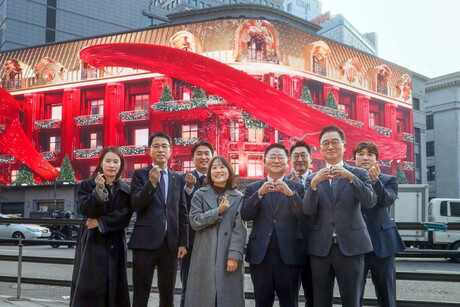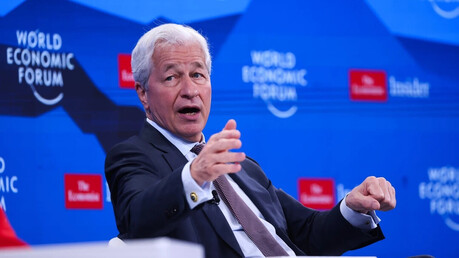
SEOUL – As the U.S. government expresses concerns that its advanced semiconductor technology could be used for the modernization of the Chinese military, NVIDIA CEO Jensen Huang has dismissed such worries as unnecessary. Huang also warned that while artificial intelligence (AI) will maximize productivity, a lack of innovation could lead to job losses.
Why Concerns About China's Reliance on AI Military Technology Are Unnecessary
In an interview with CNN on July 13 (local time), CEO Jensen Huang stated that the Chinese military would avoid relying on U.S. technology due to the risks involved. He emphasized, "We don't need to worry about that problem," and "The Chinese military cannot rely on American technology that can be restricted at any time." This statement comes at a time when the U.S. has strictly restricted the export of advanced AI-related semiconductor technology and products to China for security reasons. Both the Trump and Biden administrations have sought to curb China's military technological advancement through these export controls, which are believed to have significantly impacted the revenues of U.S. semiconductor companies like NVIDIA in the Chinese market.
Huang has, in fact, argued that these export restrictions encourage China's self-development of technology, which could ultimately make China an equal competitor to the U.S. in the AI industry. This is interpreted as a paradoxical analysis, suggesting that U.S. government regulations, while causing short-term disadvantages for domestic companies, could accelerate China's technological self-reliance in the long run. His remarks imply that the measures taken by the U.S. to hinder China's technological progress might instead fuel China's independent technological development.
AI, Productivity, and Jobs: Innovation is Key
While CEO Jensen Huang agrees that AI will revolutionize work productivity, he warned that it could lead to the side effect of job losses if not supported by industrial innovation. He made these remarks when asked about a statement from Anthropic CEO Dario Amodei, who warned that "AI could eliminate half of all new white-collar jobs and surge unemployment rates by up to 20% in the next five years."
Huang explained, "If the world runs out of ideas, productivity gains will lead to job losses." He predicted that if companies continuously come up with fresh ideas, there will be ample room for both productivity and employment to grow. However, without new ambitions or innovation, it could lead to decreased productivity and job losses. He emphasized, "The fundamental question is whether society has more ideas left," stating that if ideas are abundant and productivity increases, society can continue to grow.
He added that due to AI, "everyone's job will be affected, some jobs will disappear, but many jobs will be recreated." This suggests that the development of AI technology is not merely replacing existing jobs but is a transformative process that creates new forms of employment and industries. Huang presented a positive future vision, hoping that the productivity gains seen across all industries will advance society.
Furthermore, Huang explained that AI development is in line with humanity's historical technological advancements. He mentioned that over the past few centuries, technological progress has simultaneously increased both employment and productivity, and expressed optimism that AI can also contribute to realizing "the abundance of ideas" and "ways to build a better future." His remarks convey a message that instead of vague anxieties about the changes AI will bring, we should move in a positive direction through innovation and the creation of new ideas.
[Copyright (c) Global Economic Times. All Rights Reserved.]



























